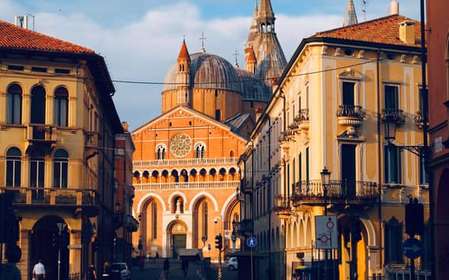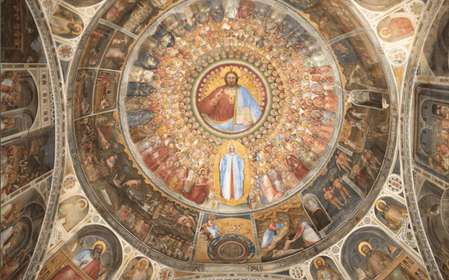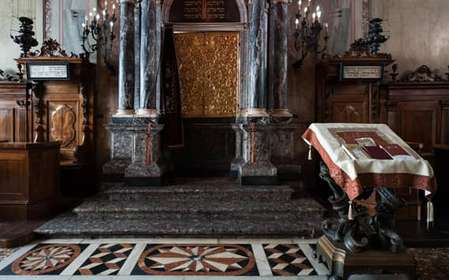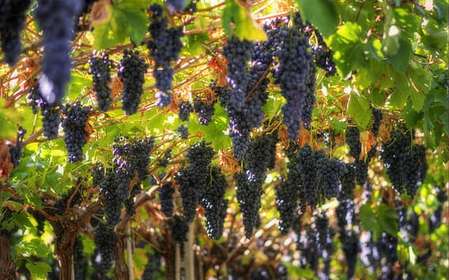- Home
- Useful Tips
- Early morning access to Padua's...
Standing in long queues under the scorching Italian sun can turn even the most exciting cultural visit into an exhausting ordeal. At Padua's iconic Palazzo Bo, over 60% of visitors report wasting precious vacation time in lines between 10am-2pm, according to local tourism data. The frustration compounds when you finally enter only to find shoulder-to-shoulder crowds obscuring Galileo's lecture podium and the exquisite 16th-century anatomy theater. Morning exploration solves these pain points completely - the golden light enhances the Renaissance courtyards' beauty, docents have more time for questions, and you'll gain space for reflection in these hallowed academic halls where Petrarch once studied. This quiet magic disappears by mid-morning when tour buses arrive, making strategic timing essential for serious travelers.
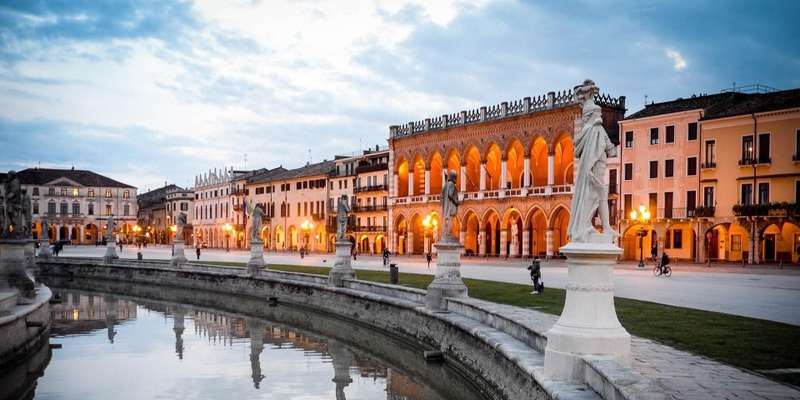

Why standard opening hours work against you
The Palazzo Bo's official 9am opening time creates a perfect storm of inconvenience most travelers don't anticipate. School groups from across Veneto typically book the first available slots, meaning even punctual visitors often encounter chaotic lines by 8:45am. By 10:30am, these student tours flood the narrow hallways, making thoughtful appreciation of the historic medical specimens or Galileo's instruments nearly impossible. The courtyard's acoustics amplify every shuffling footstep and chaperone's whistle, while the famous anatomical theater's steep wooden benches feel uncomfortably crowded with more than twenty people. Most tragically, rushed visitors miss subtle details like the hidden astrological symbols in the Aula Magna's ceiling - the very features that make this Renaissance complex extraordinary.
How locals experience Palazzo Bo in peaceful solitude
University staff and Padua residents know a simple secret: certain weekdays offer naturally lighter crowds before 8:30am, even without special tickets. Tuesdays and Thursdays see fewer scheduled school visits, while rainy mornings (common in Veneto's shoulder seasons) deter casual tourists. Arriving at 8am lets you photograph the Herb Garden's medicinal plants glistening with dew, undisturbed. The porter often admits early birds to the courtyard if you explain your interest in academic history rather than just snapping quick photos. This quiet time allows proper study of the 16th-century wall crests representing foreign scholars - a detail most miss when jostling through later. Docents starting their shifts frequently share impromptu stories about the building's role in scientific history when not managing large groups.
Securing guaranteed sunrise access (without begging porters)
For those unwilling to risk morning admission, Padua University occasionally offers exclusive 'Alba al Bo' sunrise tours limited to 15 participants. These 7am slots require advance booking through the university's cultural office website, typically posted quarterly. The experience includes candlelit access to normally restricted areas like the original 1594 anatomy dissection table, with historians demonstrating how Renaissance medical tools were used. While these sell out quickly, cancellation lists sometimes yield last-minute spots - particularly for September dates when student groups haven't finalized schedules. An alternative are the small-group 'Secret Bo' tours run by licensed guides with university partnerships; their 7:30am summer slots include the rooftop loggia overlooking Padua's spires at dawn.
Maximizing your magical morning visit
The golden hour light transforms Palazzo Bo in ways most visitors never witness. Bring a notebook to sketch the courtyard's Fibonacci-inspired arches as shadows shift across the brickwork - something impossible once crowds arrive. Early admission means you can actually sit in the anatomy theater's original wooden seats (normally roped off) and imagine 17th-century medical students' awe. Photographers should prioritize the Sala dei Quaranta's portraits of famous alumni first, as afternoon glare washes out the delicate tempera paintings. Before leaving, peek into the nearly empty Aula Magna to hear how your footsteps echo exactly as they did for centuries of scholars. These quiet moments of connection make setting the alarm early worthwhile, turning a standard tour into a personal dialogue with history.
